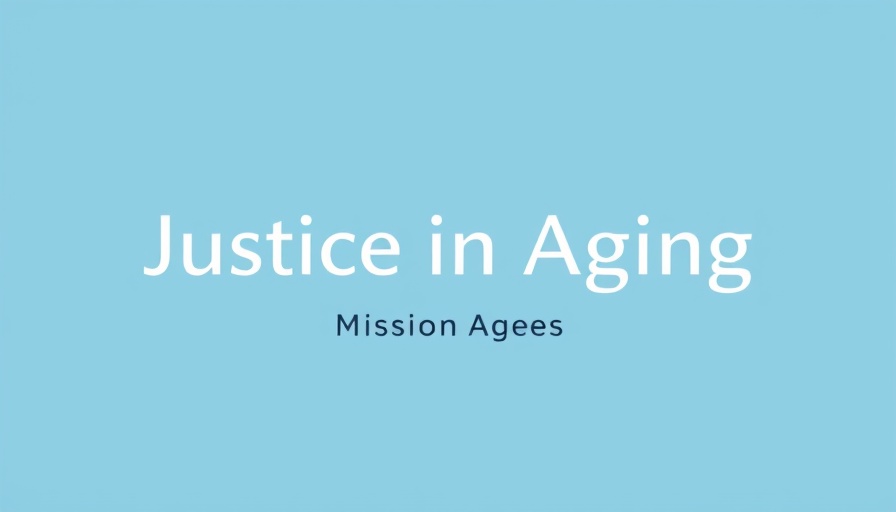
Understanding Your Emotional Readiness for Retirement
Considering retirement is a significant life milestone, especially for seniors who have dedicated years to the workforce. As your retirement approaches, it’s essential not only to have a financial plan but also to assess your emotional readiness. This assessing process often involves uncomfortable questions, but it’s necessary to ensure you transition into this new chapter smoothly.
Five Key Questions to Evaluate Your Feelings
The journey to retirement isn't merely about finances. Emotions can profoundly impact this transition. Here are five questions that help illuminate how you feel about retiring:
1. How Do You Feel About the Idea of Retirement?
When contemplating retirement, your initial reactions can be telling. Feelings of dread, fear of loneliness, or excitement all point to different emotional states. If retirement sounds unappealing, it might be prudent to reflect further on your motivations, as there may be aspects of your current life you would need to address before making this leap.
2. Does Your Current Lifestyle Make You Happy?
Before driving toward retirement, are you satisfied with your current lifestyle? Some individuals find fulfillment in their work, while others may feel trapped. If the latter resonates with you, consider whether a career change might suit you better than a complete withdrawal from the workforce.
3. What Does Retirement Mean to You?
Retirement looks different for everyone. For many, it could mean pursuing passions, traveling, or exploring hobbies that were pushed aside during their working years. Alternatively, you might desire part-time work or volunteer opportunities. It’s crucial to identify what retirement means to you personally to develop a fulfilling plan.
4. Are Your Relationships Prepared for Your Transition?
As you prepare for retirement, discussing your plans and feelings with loved ones can provide clarity and support. Are your partner’s visions for retirement aligned with yours? What expectations do your children have of your time post-retirement? Having these discussions can pave the way for harmonious interactions in the future.
5. What Activities Excite You for This New Chapter?
It's vital to have a list of things you want to pursue once you're retired. Whether it’s traveling, volunteering, or even starting a new hobby, having a plan helps eliminate feelings of aimlessness that often accompany retirement.
The Importance of Emotional Planning
While financial preparations are essential, emotional readiness can make or break your retirement experience. A study from AARP revealed that many retirees fail to plan emotionally for this change, leading to feelings of isolation and purposelessness post-retirement. Engaging in activities that bring joy and fulfillment can combat these feelings, enhancing your quality of life in this new chapter.
Future Trends: Navigating Retirement in a New Era
In an era where many work beyond traditional retirement ages, the perspectives on retirement are shifting. The format of retirement we once knew is changing, as many individuals opt to continue working part-time or engaging in side projects that bring fulfilment without the full pressures of a traditional job. This 'bridge' approach to retirement can offer both financial stability and emotional satisfaction.
Making Informed Decisions for Your Future
Making informed decisions about retirement involves considering both your emotional state and practical needs. Take these reflections seriously, not just as a checklist, but as part of a broader dialogue with yourself and those you love. Prioritizing both your financial and emotional readiness leads to a richer, more fulfilling retired life.
As you consider your transition to retirement, take the time to reflect on these questions and share your thoughts with loved ones. If you have not yet thought about your retirement roadmap, consider reaching out to financial advisors who can help you craft a plan that accommodates both your financial and emotional needs. There’s no wrong way to prepare for retirement, but understanding both sides of this significant life event is crucial.
 Add Row
Add Row  Add
Add 




 Add Row
Add Row  Add
Add 

Write A Comment